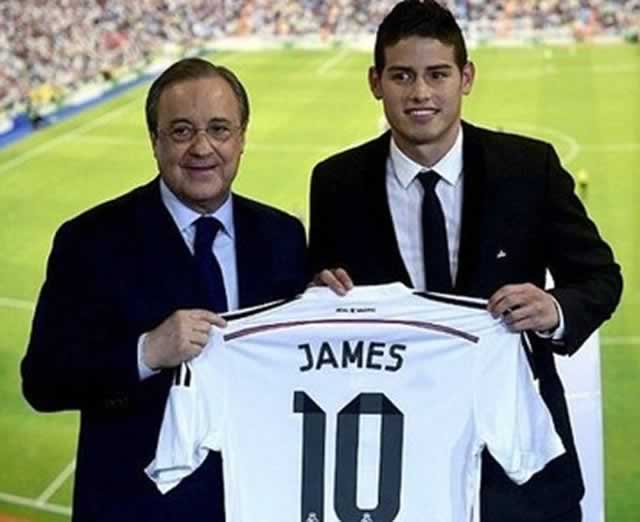Nigerian leader meets kidnapped girls’ parents

ABUJA/MAIDUGURI. – Nigerian President Goodluck Jonathan met for the first time parents of the girls abducted by Islamist militants Boko Haram 100 days ago.
More than 150 people attended the meeting after the government chartered a plane for them, reports said.
President Jonathan has been under pressure to meet the parents after being accused of handling the crisis badly.
Parents pulled out of a meeting with him last week amid accusations that they were being used for political reasons.
The US, UK, France, China and Israel have been helping in operations to secure the release of the girls, who are believed to be held in the Sambisa forest, near Nigeria’s border with Cameroon.
The girls were abducted from their boarding school in the north-eastern town of Chibok in Borno State on April 14.
A total of 177 people – including 51 of the girls who managed to escape Boko Haram’s captivity – met president Jonathan in the capital, Abuja, AP reports.
After a brief prayer, the group entered the presidential building for the meeting, the AFP news agency reported.
Ayuba Chibok, who has two nieces among the hostages, told AFP that the government chartered a plane from Yola city in the north-east to fly the group to Abuja.
President Jonathan was flanked at the meeting by Senate President David Mark and Kashim Shettima, the governor of Borno.
Last week, President Jonathan agreed to meet 12 parents and five girls who escaped shortly after being seized by the militants, following a request by Pakistani rights campaigner Malala Yousafzai.
The Chibok community called off the meeting at the last minute, saying it had been organised in a hurry, so there was no time to consult with all the parents.
President Jonathan accused the #BringBackOurGirls campaign group of playing politics and derailing the meeting.
#BringBackOurGirls was a global campaign launched on social media to secure the release of the girls.
Obiageli Ezekwesili, a former government minister and staunch critic of president Jonathan, is a leading member of the group.
Meanwhile, at least 11 of the parents of the more than 200 Nigerian schoolgirls have died as their hometown of Chibok is under siege, residents have reported.
Seven fathers of the kidnapped girls were among 51 bodies brought to Chibok hospital after an attack on the nearby village of Kautakari this month, a health worker told AP news agency yesterday.
The worker asked for anonymity for fear of reprisals by Boko Haram, an Islamic armed group that claimed responsibility for the mass abduction of the girls.
At least four more parents have died of heart failure, high blood pressure and other illnesses that the community blames on trauma due to the abductions, said community leader Pogu Bitrus.
“A father of two of the girls kidnapped just went into a kind of coma and kept repeating the names of his daughters, until life left him,” Bitrus told AP.
Chibok is cut off because of frequent attacks on the roads that are studded with burned out vehicles.
Commercial flights no longer go into the troubled area and the government has halted charter flights.
Boko Haram is closing in on Chibok, attacking villages ever closer to the town and villagers who survive the attacks are seeking refuge in the town, heightening food and water shortages.
Some of the young women who escaped are recovering, with girls who at first refused to discuss their experience, now talking about it and others thinking of returning to school.
Counselling is being offered to families of those abducted and to some of the 57 students who managed to get away from the kidnappers in the first few days, said a health worker.
A presidential committee investigating the kidnappings said 219 girls still are missing.
But the community says there are more because some parents refused to give the committee their daughters’ names, fearing the stigma involved. – BBC/AP.










Comments